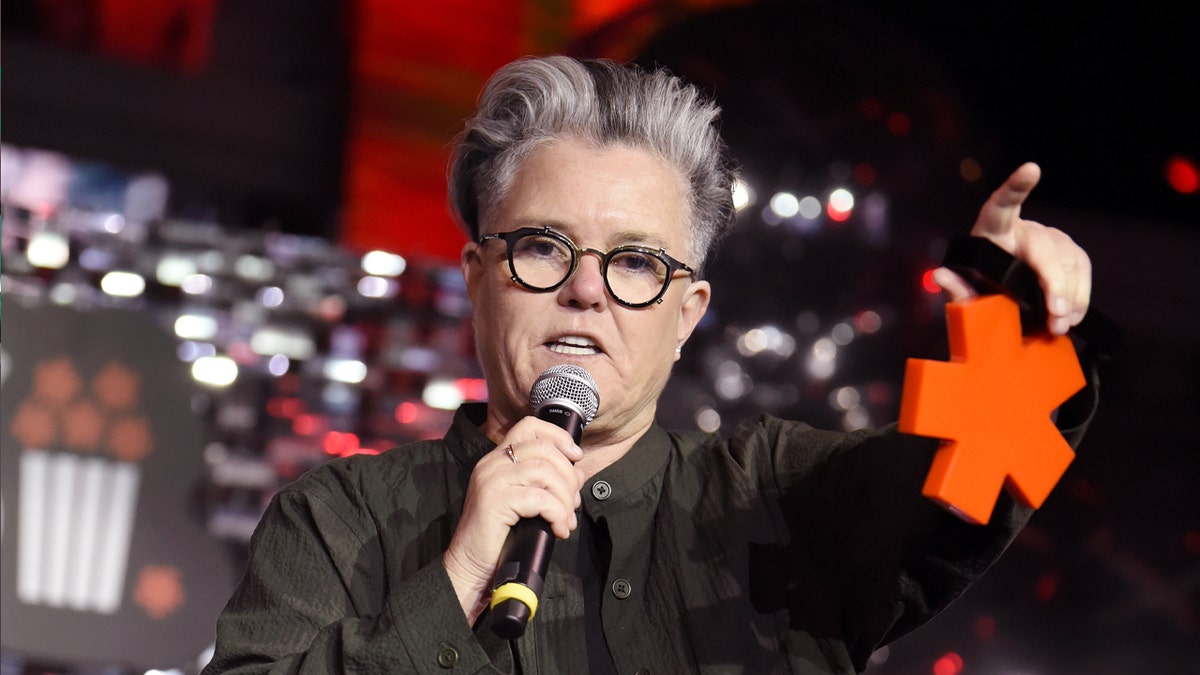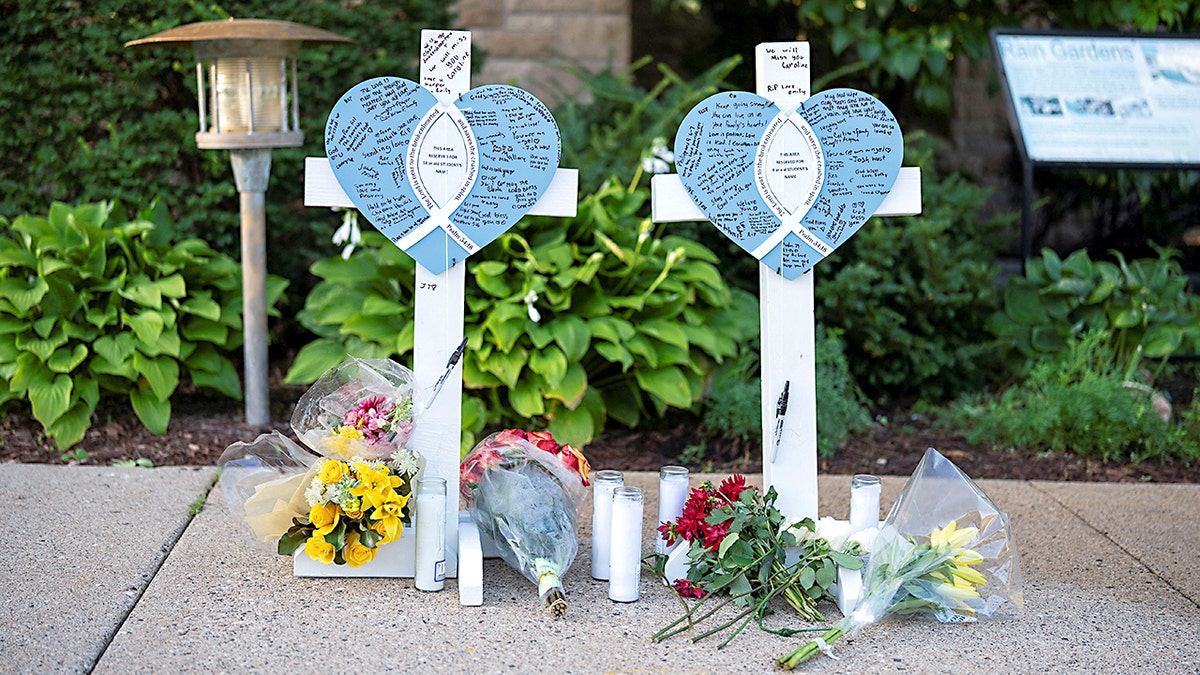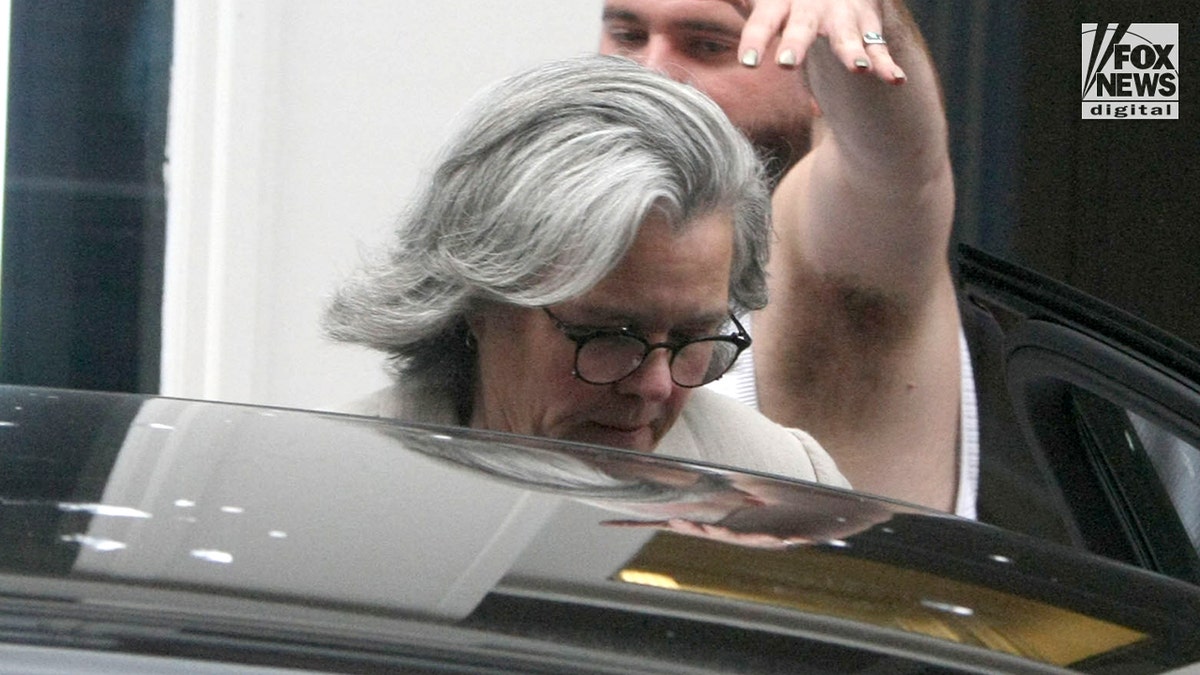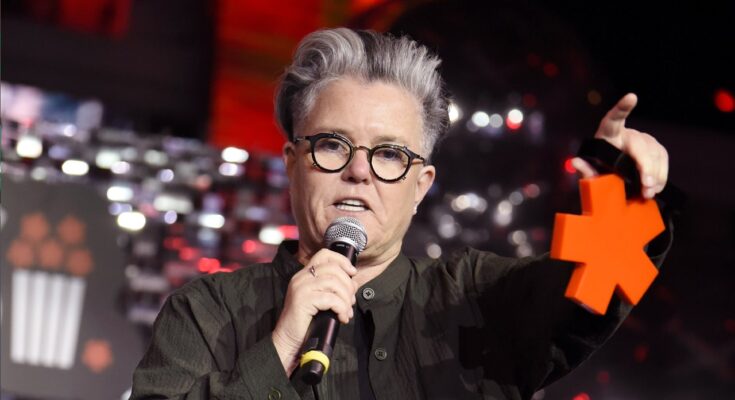The Minneapolis School Shooting: Rosie O’Donnell’s Apology and the Spread of Misinformation
The tragic shooting at Annunciation Catholic Church in Minneapolis, leaving two children dead and numerous others injured, sparked a wave of emotions and unfortunately, the rapid spread of misinformation. This incident underscores the dangers of unchecked assumptions and the urgent need for responsible information sharing, particularly in the wake of such devastating events.
A Tragic Event and its Aftermath
The Brutal Reality
Last Thursday’s attack at the Minneapolis Catholic church school was a horrific act of violence. The scene was chaotic, with shattered stained-glass windows and terrified students and parishioners seeking shelter from the gunfire. The aftermath left a community reeling, grappling with the loss of innocent lives and the psychological trauma inflicted upon survivors. FBI Director Kash Patel swiftly labeled the event as an act of domestic terrorism, driven by a hateful ideology.

Unveiling the Shooter’s Ideology
Investigations revealed a disturbing picture of the shooter’s mindset. His writings, including a manifesto, revealed a disturbing tapestry of hateful ideologies. These writings contained explicit anti-Catholic and anti-religious sentiments, alongside violent antisemitic messages, including phrases like “Israel must fall” and “Free Palestine,” coupled with abhorrent Holocaust-related slurs. This sheds light on the deeply rooted bigotry fueling this act of terror.

Rosie O’Donnell’s False Accusations and Subsequent Apology
The Initial Mischaracterization
Following the shooting, actress and comedian Rosie O’Donnell made a series of inaccurate claims on social media. In a video posted shortly after learning of the attack, she incorrectly identified the shooter as a white, Republican, MAGA supporter, and white supremacist. This prompted widespread outrage and criticism. O’Donnell’s statements, though delivered with emotional weight and drawing parallels to the Columbine massacre, completely misrepresented the shooter’s motivations.

A Contentious Apology
Days later, O’Donnell issued a public apology, acknowledging her failure to verify information before making her initial statement. She admitted to assuming a standard profile for mass shooters, implying an association with gun rights advocacy groups. However, this apology was met with mixed reactions, with some critics viewing it as insufficient or insincere. The incident highlighted the dangers of impulsive social media commentary and the lasting impact of even well-intentioned mistakes.

The Broader Issue: Misinformation and Division
The Perils of Unverified Information
The O’Donnell incident serves as a stark reminder of the dangers of propagating unverified information, especially in the emotionally charged aftermath of a tragedy. The rapid dissemination of false narratives can fuel existing societal divisions and hinder the healing process. The incident underscores the crucial need for careful fact-checking and responsible information sharing before making public statements, particularly when dealing with sensitive topics like mass violence.
The Urgent Need for Critical Thinking
Many commentators pointed out that O’Donnell’s error reflects a wider societal problem: the spread of misinformation and the erosion of trust in information sources. The incident serves as a cautionary tale, emphasizing the importance of critical thinking and verifying information from reputable sources before sharing it, especially in the highly polarized political climate. The urgent need to combat misinformation and promote responsible digital citizenship is now more important than ever.
The Minneapolis shooting, and the subsequent controversy surrounding Rosie O’Donnell’s statements, serves as a powerful illustration of the intertwined challenges of violence, misinformation, and the urgent need for responsible communication in the digital age.


